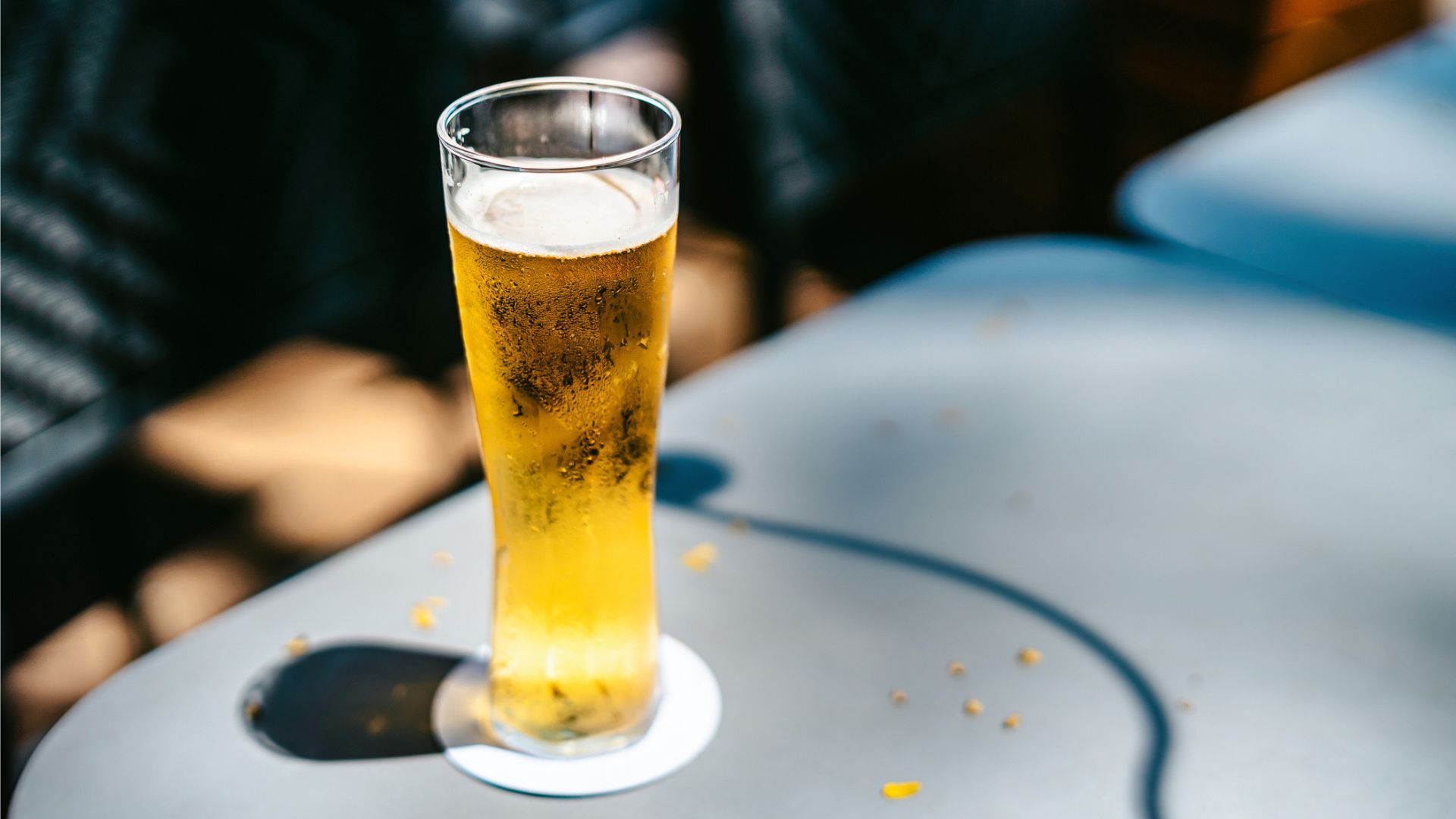
Ever wondered if you can enjoy a beer without the guilt? Low-calorie beer might be your answer! These beers offer the same refreshing taste with fewer calories, making them a popular choice for those watching their waistline. But what exactly makes a beer low-calorie? Typically, it's the reduced alcohol content and fewer carbohydrates. This means you can enjoy a cold one without worrying too much about your diet. Whether you're a fitness enthusiast or just someone who loves a lighter brew, low-calorie beers provide a great alternative. Ready to learn more? Let's dive into 23 intriguing facts about these guilt-free beverages!
Key Takeaways:
- Low-calorie beer has fewer than 100 calories per serving and is brewed with fewer carbohydrates, making it a refreshing and lighter option for health-conscious individuals.
- Popular low-calorie beer brands like Michelob Ultra and Bud Light offer tasty, low-calorie options, perfect for those looking to enjoy beer without feeling too full.
What is Low-Calorie Beer?
Low-calorie beer is a popular choice for those looking to enjoy a refreshing drink without consuming too many calories. These beers are crafted to have fewer calories than regular beers, making them a go-to option for health-conscious individuals.
- Low-calorie beers typically contain fewer than 100 calories per serving.
- They often have a lower alcohol content, usually around 3-4% ABV.
- These beers are brewed using fewer carbohydrates, which helps reduce the calorie count.
- Many low-calorie beers are also low in sugar, making them a better option for those monitoring their sugar intake.
History of Low-Calorie Beer
The concept of low-calorie beer isn't new. It has evolved over the years to meet the changing preferences of beer drinkers.
- The first low-calorie beer was introduced in the 1960s by the Rheingold Brewery.
- Miller Lite, launched in 1975, was one of the first widely successful low-calorie beers.
- The popularity of low-calorie beers surged in the 1980s as more people became health-conscious.
- Today, almost every major brewery offers a low-calorie option.
Benefits of Drinking Low-Calorie Beer
Choosing low-calorie beer can offer several benefits beyond just fewer calories.
- Drinking low-calorie beer can help with weight management.
- These beers are often lighter and more refreshing, making them perfect for hot weather.
- They can be a good option for those who want to enjoy beer without feeling too full.
- Low-calorie beers can be a better choice for those with dietary restrictions.
Popular Low-Calorie Beer Brands
Several brands have made a name for themselves in the low-calorie beer market. Here are some of the most popular ones.
- Michelob Ultra is known for its crisp taste and only 95 calories per serving.
- Bud Light offers a low-calorie option with just 110 calories per serving.
- Coors Light is another popular choice, with 102 calories per serving.
- Heineken Light provides a premium taste with only 99 calories per serving.
How Low-Calorie Beer is Made
The brewing process for low-calorie beer involves some unique techniques to keep the calorie count low.
- Brewers often use enzymes to break down more complex carbohydrates into simpler sugars.
- The fermentation process is carefully controlled to ensure fewer residual sugars.
- Some low-calorie beers use alternative grains like rice or corn to reduce calories.
- The brewing process may also involve diluting the beer to lower the alcohol content and calories.
Myths About Low-Calorie Beer
There are several misconceptions about low-calorie beer that need to be addressed.
- One common myth is that low-calorie beer lacks flavor. Many low-calorie beers are crafted to be just as flavorful as regular beers.
- Another myth is that low-calorie beer is only for those on a diet. In reality, anyone can enjoy low-calorie beer.
- Some people believe that low-calorie beer is less satisfying. However, many find it to be just as enjoyable as regular beer.
Final Sip on Low-Calorie Beer
Low-calorie beer offers a great way to enjoy a cold one without the guilt. With fewer calories, it’s a smart choice for those watching their waistline. These beers often have a lighter taste, making them perfect for hot days or casual gatherings. They come in various flavors and styles, so there’s something for everyone.
Remember, moderation is key. Even low-calorie options can add up if you’re not careful. Always check the label for calorie content and drink responsibly.
Low-calorie beer doesn’t mean sacrificing flavor or enjoyment. It’s all about finding the right balance. So next time you’re at the store, give one a try. You might just find your new favorite brew. Cheers to making healthier choices without missing out on the fun!
Frequently Asked Questions
Was this page helpful?
Our commitment to delivering trustworthy and engaging content is at the heart of what we do. Each fact on our site is contributed by real users like you, bringing a wealth of diverse insights and information. To ensure the highest standards of accuracy and reliability, our dedicated editors meticulously review each submission. This process guarantees that the facts we share are not only fascinating but also credible. Trust in our commitment to quality and authenticity as you explore and learn with us.
